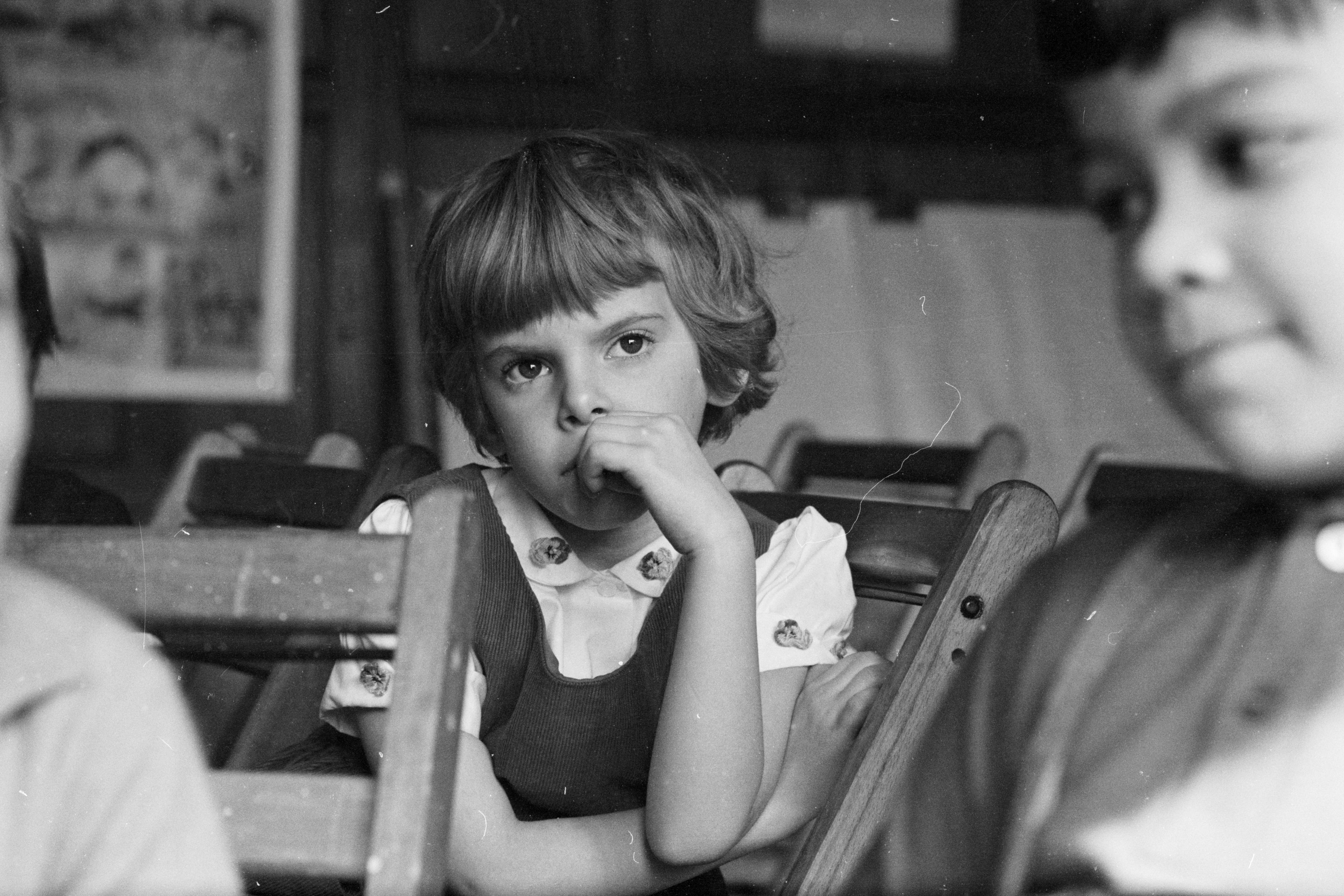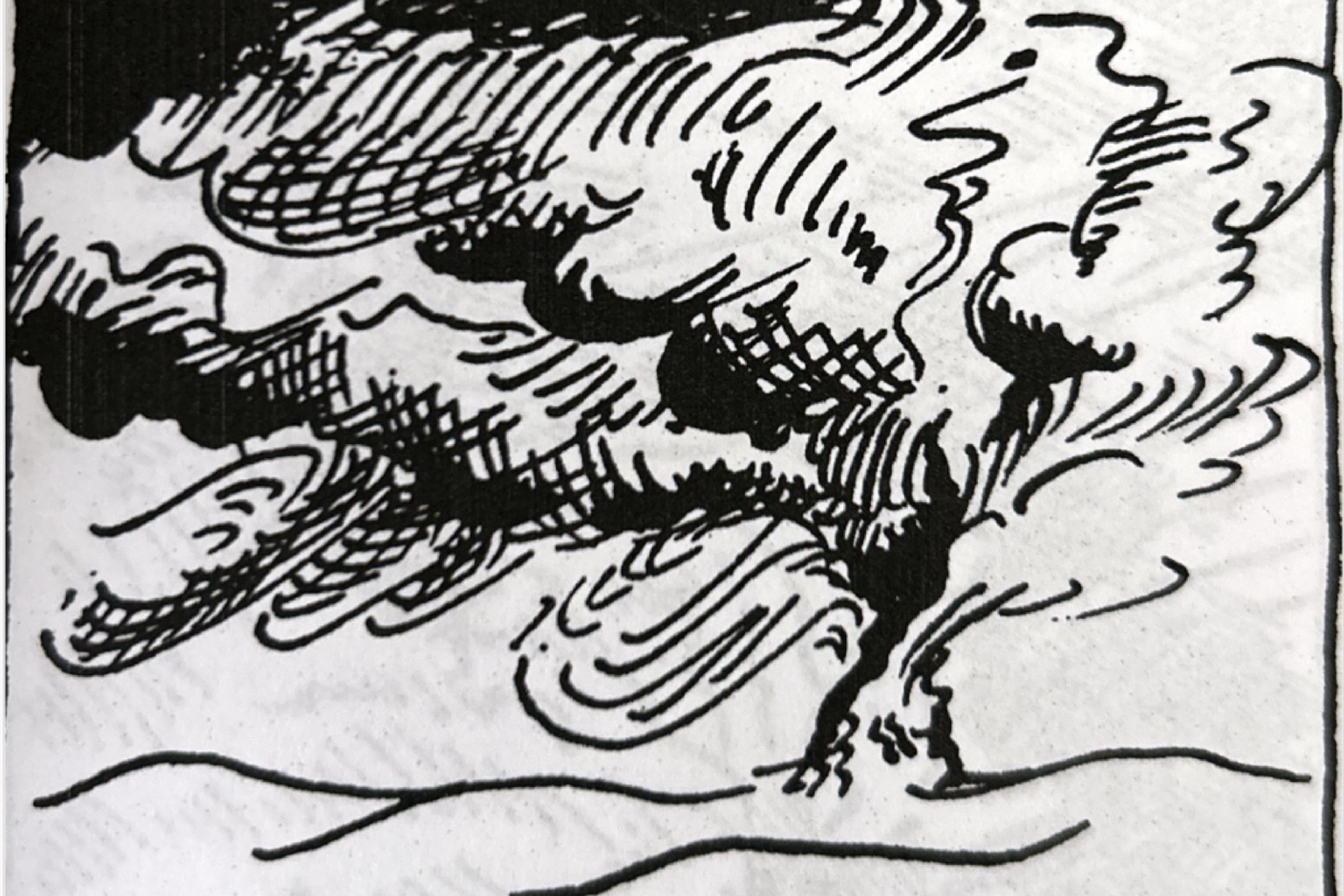Learning can be enriching and even thrilling, sure. But it can also be confusing, tedious, exhausting, and any combination thereof. And, as the Polish director Emi Buchwald explores in Nauka (Education) (2016), this is especially true when it’s foisted upon you against your will, as it tends to be for many schoolchildren. Buchwald’s short documentary follows elementary schoolers as they take on an assignment to study and memorise the poem ‘Education’ by the Polish poet Julian Tuwim (1894-1953). At school, their teacher lays the ground rules. At home, their parents do their best to help prepare them for a dreaded in-class recitation.
Until a dramatic reading by a student in the film’s closing minutes, the poem’s full contents remain a mystery. Its themes of knowledge and its limits percolate in at-home conversations between kids and their parents, which Buchwald documents with a rotating camera. As the film bounces between scenes, the discussions are often funny and profound in the same breath. ‘The poet can write about whatever he wants. He doesn’t need your permission!’, says a father when his son is bewildered by a line. ‘Do you know anybody who knows how to live?’ another boy asks his mother in an earnest tone, laying beside her. Through this clever framework, the viewer’s journey mirrors that of the students as they try to piece together the poem’s meaning. The film grows more absorbing with each passing minute, as the poem slowly emerges alongside each household’s family dynamics.
Buchwald works from a Russian-nesting-doll of a structure, exploring education by recording schoolchildren as they ponder a poem that itself ponders education. (Not to mention that Buchwald made the short as a student filmmaker.) But the storytelling rests easily on this intricate foundation, never drawing distracting attention to the meta concept. Rather than getting lost in her premise, Buchwald builds a charming and often moving film from small human moments. The assignment opens up the kind of existential discussions that you get a sense these families rarely have, and students offer shrewd and surprising insights. Through interrogating the many challenges of education – both practical and philosophical – Buchwald creates a wonderful tribute to it, capturing its capacity to bring us together and help us grow.
Written by Adam D’Arpino







